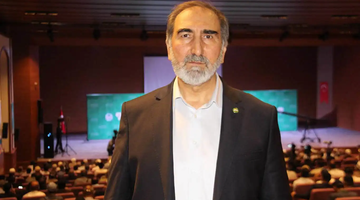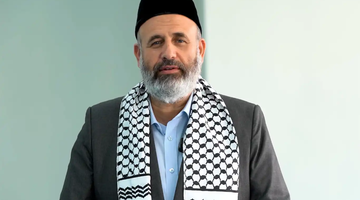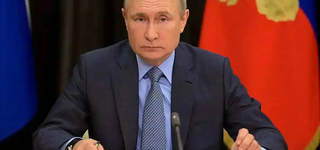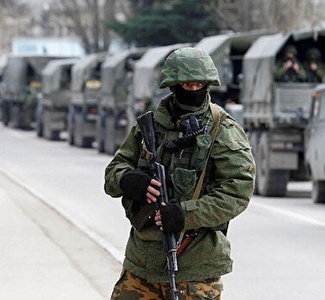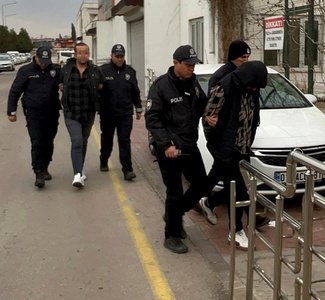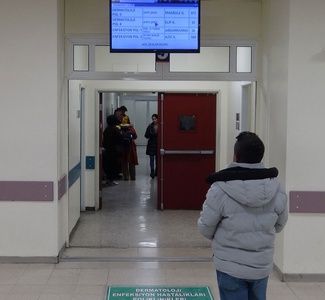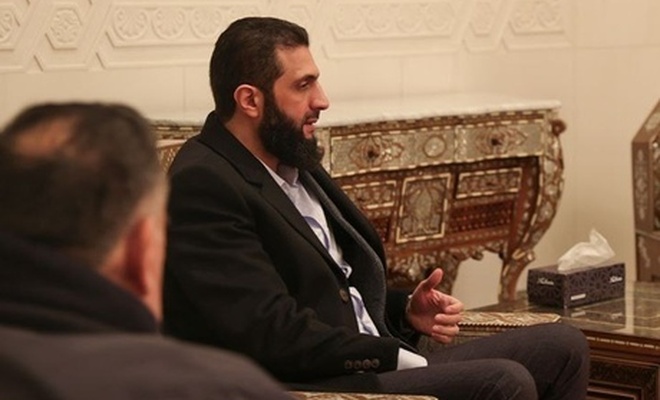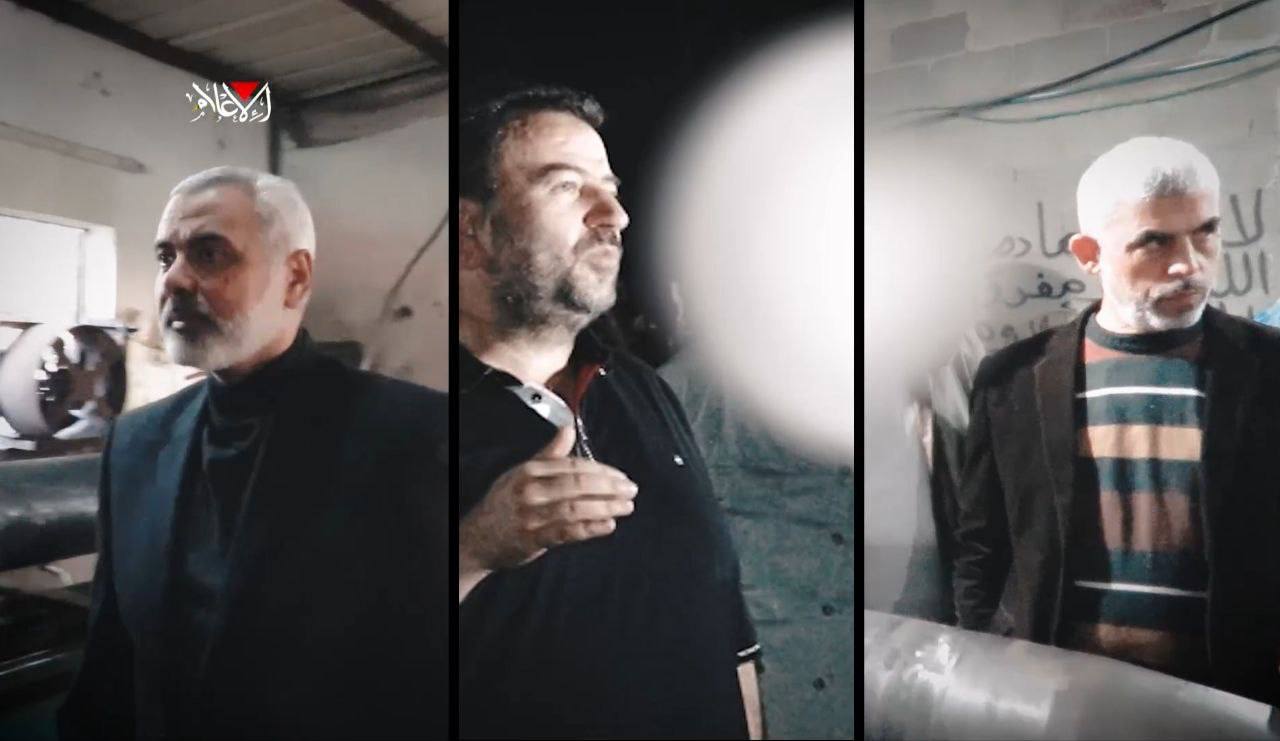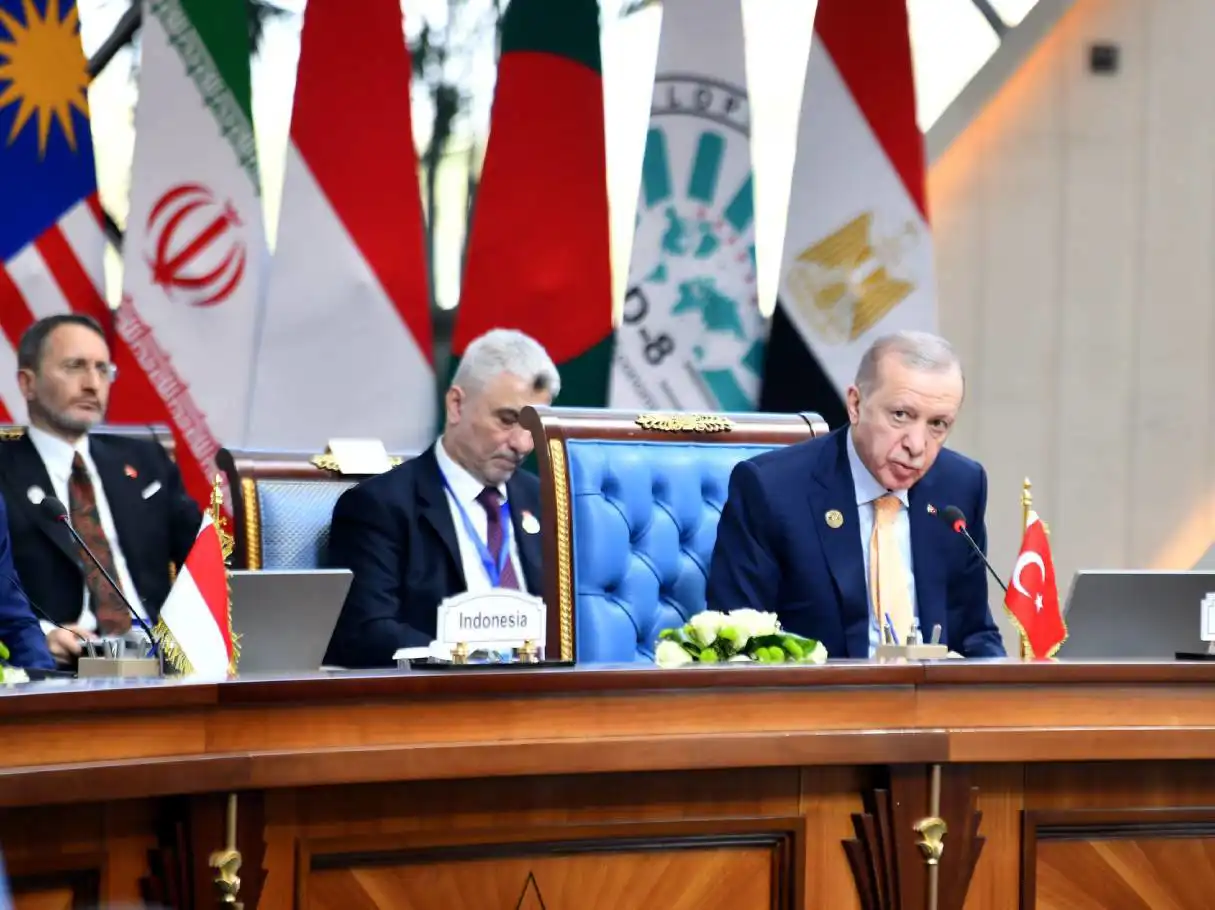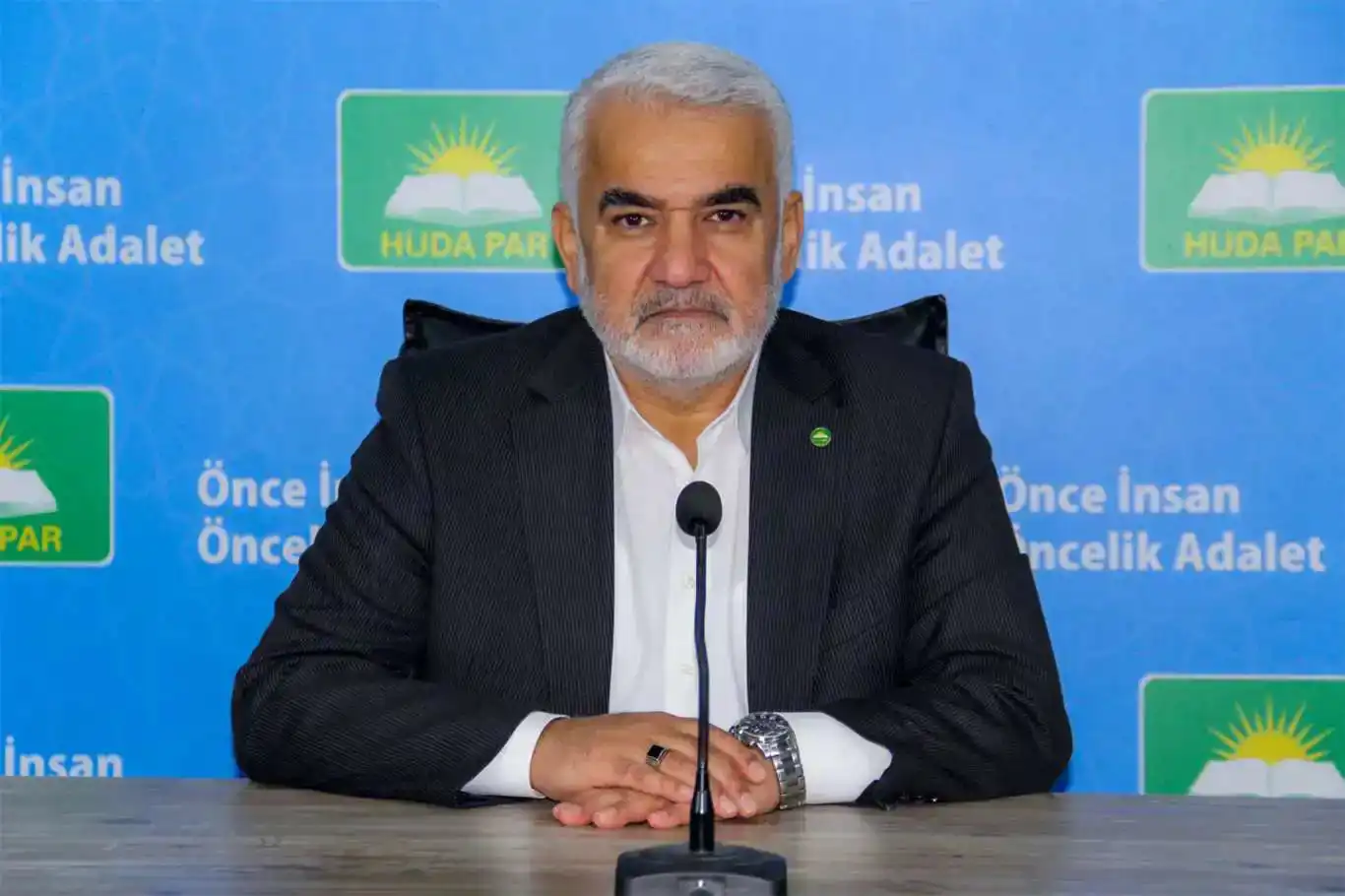HÜDA PAR Secretary General emphasizes role of scholars in uniting Islamic Ummah
HÜDA PAR Secretary General Hüseyin Yılmaz emphasized the critical role of Islamic scholars in leading Muslim world in a time when the Islamic Ummah lacks strong leadership.
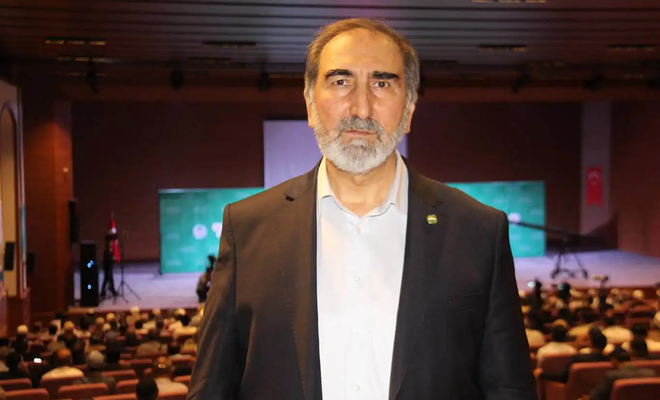
 Google News'te Doğruhaber'e abone olun.
Google News'te Doğruhaber'e abone olun. Speaking at the 9th Meeting of Scholars organized by the Union of Scholars and Madrassas (ITTIHADUL ULEMA) in Diyarbakır, Yılmaz emphasized the critical role that scholars, as heirs to the prophets, must play in uniting the Islamic Ummah.
This gathering brought together distinguished scholars from Türkiye and other Islamic countries to discuss pressing issues facing the Muslim world. In his remarks, Yılmaz highlighted that the Islamic Ummah is currently without effective leadership. Many leaders of Islamic nations, he noted, are hesitant to challenge Zionist powers and their allies, especially the United States, due to various political and national concerns. These hesitations, Yılmaz argued, prevent them from effectively supporting the Palestinian cause and standing up to the ongoing injustices committed against the Palestinian people.
Given this void in leadership, Yılmaz called on Islamic scholars to take up the responsibility of guiding the Ummah. "It is the duty of Islamic scholars," he said, "to unite the scattered and quarreling Ummah and bring them back under one roof." Scholars, he continued, must assume leadership roles when political figures are either unable or unwilling to act. Their efforts, he suggested, should transcend borders and focus on the broader unity of the Muslim community, setting aside differences in sectarianism and jurisprudence to concentrate on shared struggles, such as the liberation of Jerusalem and the protection of Al-Aqsa Mosque.
Yılmaz's speech also underscored the ongoing tragedy in Palestine, which he described as a source of shame for the entire Islamic world. He pointed out the stark disparity between the two billion Muslims worldwide and the eight million Zionists, questioning why the former has been unable to effectively challenge the latter. For Yılmaz, the answer lies in the disunity and lack of organized efforts across the Muslim world. He stated, "The massacre in Palestine is a great shame for Muslims and the Islamic world," urging a deeper focus on ending the genocide in Gaza, rather than getting mired in internal divisions.
One of the key messages Yılmaz delivered was that while ordinary Muslims participate in boycotts, protests, and symbolic acts of resistance, these efforts have been insufficient. He called on the leaders of Islamic countries to go beyond such symbolic measures and mobilize their military forces in defense of the Palestinian people. He quoted a hadith of the Prophet Muhammad (peace be upon him), reminding the audience that true believers feel the pain of other Muslims, regardless of distance. This sentiment, he argued, is particularly important in light of the devastating loss of life in Gaza, where thousands of innocent civilians, including women and children, have been killed.
Yılmaz's appeal to scholars was not just about moral leadership but also about holding political leaders accountable. He stressed that scholars should pressure their governments to take concrete actions to stop the oppression in Palestine. He asserted that Israel and Zionism can only be deterred by force, and without such power, the cycle of violence and occupation will persist. Yılmaz’s message was clear: scholars must not only guide the Ummah spiritually but also engage in political advocacy, urging their leaders to use their power to protect oppressed Muslims, especially in Palestine.
In concluding his remarks, Yılmaz reflected on the broader significance of the Meeting of Scholars in Diyarbakır. He expressed hope that such gatherings would serve as reminders of the collective responsibility Muslims have toward one another and as steps toward ending the suffering in Gaza. He called for unity, not just among scholars, but also among Muslim leaders, to confront the oppression faced by the Palestinian people and the broader Islamic world.
Yılmaz’s speech at the Meeting of Scholars reflects a growing sentiment within the Muslim world that the time has come for scholars to take on greater leadership roles. As the Ummah struggles with internal divisions and external pressures, his words serve as a reminder that the path to justice, unity, and liberation requires not just faith, but also courage, action, and solidarity. (ILKHA)




























